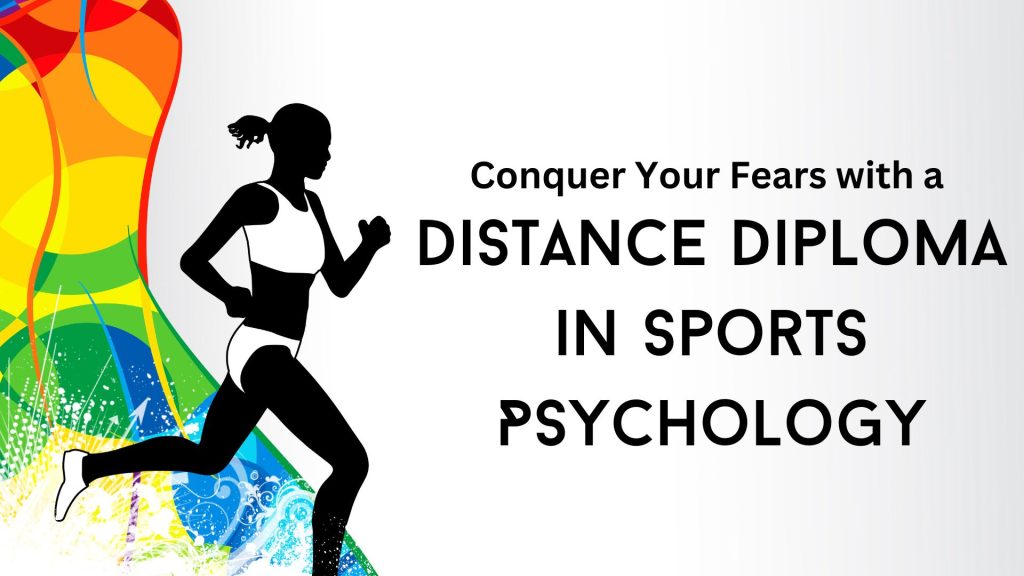The Unseen Battle: Mental Hurdles in Sports
The world of sports is often seen as a physical arena where strength, agility, and skill reign supreme. But beneath the surface lies another battleground – the mind. Athletes, from aspiring amateurs to seasoned professionals, grapple with mental blocks that can hinder their performance and shatter their confidence. These unseen hurdles can manifest in various forms, such as performance anxiety, fear of failure, and self-doubt.
Understanding the Impact of Mental Blocks
Mental blocks can significantly impact an athlete’s performance, leading to:
Decreased focus and concentration: The inability to quiet the mind and stay present in the moment can lead to costly mistakes and missed opportunities.
Reduced confidence and self-esteem: Constant self-doubt and negative self-talk can erode an athlete’s belief in their abilities.
Increased anxiety and stress: The pressure to perform can lead to overwhelming anxiety, hindering an athlete’s ability to compete at their best.
Unveiling the Power of Sports Psychology
What is Sports Psychology?
Sports psychology is a specialized field that explores the intricate relationship between the mind and athletic performance. It delves into the psychological factors that influence an athlete’s behaviour, thoughts, and emotions, both on and off the field. By understanding these factors, sports psychologists can help athletes develop mental skills and strategies to overcome challenges and achieve peak performance.
Key Benefits for Athletes and Enthusiasts
Sports psychology offers a wealth of benefits, including:
Enhanced performance: Develop mental toughness, focus, and resilience to perform under pressure.
Improved motivation and goal setting: Set realistic goals, stay motivated, and maintain a positive mindset.
Effective stress management: Learn techniques to cope with anxiety and maintain composure in high-pressure situations.
Increased self-awareness: Understand your strengths, weaknesses, and emotional triggers to optimize performance.
Stronger communication and teamwork skills: Build effective relationships with coaches, teammates, and support staff.
Exploring the Distance Diploma in Sports and Exercise Psychology
Course Overview and Structure
The Distance Diploma in Sports and Exercise Psychology offers a comprehensive and flexible learning experience for individuals passionate about the mental aspects of sports. This program delves into the core principles of sports psychology, providing students with the knowledge and skills to understand and address the psychological challenges faced by athletes.
Learning Flexibility and Convenience
Designed for busy individuals, the distance learning format allows you to study at your own pace and convenience. Access course materials online, engage in interactive discussions with peers, and receive expert guidance from experienced faculty – all from the comfort of your home.
Expert Faculty and Comprehensive Curriculum
The program boasts a team of renowned faculty with extensive experience in sports psychology and related fields. The curriculum covers a wide range of topics, including:
- Performance Enhancement Techniques
- Motivation and Goal Setting
- Mental Toughness and Resilience
- Stress Management and Anxiety Reduction
- Team Dynamics and Leadership
- Ethical Considerations in Sports Psychology
Diving Deep into the Curriculum
Exploring the Human Mind in Sports
The curriculum delves into the fascinating world of the human mind and its influence on athletic performance. You will gain insights into:
- Psychological theories of motivation
- The role of emotions in sports
- Attention and concentration techniques
- The impact of self-talk and imagery
Understanding Motivation and Goal Setting
Motivation is the driving force behind any athlete’s success. This module equips you with the tools to:
- Identify different types of motivation
- Set SMART goals (Specific, Measurable, Achievable, Relevant, and Time-bound)
- Develop effective goal-achievement strategies
- Maintain long-term motivation and commitment
Mastering Performance Enhancement Techniques
Learn evidence-based techniques to enhance athletic performance, including:
- Visualization and imagery
- Relaxation and mindfulness exercises
- Biofeedback and neurofeedback
- Positive self-talk and affirmations
Building Mental Resilience and Overcoming Challenges
Sports is filled with challenges and setbacks. This module empowers you with the skills to:
- Develop mental toughness and resilience
- Cope with pressure and competition anxiety
- Manage setbacks and bounce back from failures
- Maintain a positive mindset in the face of adversity
Career Opportunities: Beyond the Playing Field
Sports Psychologist
As a sports psychologist, you can work directly with athletes to address their mental and emotional challenges, helping them achieve peak performance and reach their full potential.
Performance Enhancement Coach
Guide athletes in developing mental skills and strategies to optimize their performance.
Sports Counsellor
Provide counselling and support to athletes dealing with personal or emotional issues that may be affecting their athletic performance.
Academic and Research Roles
Sports Science Educator
Share your knowledge and passion for sports psychology by teaching and mentoring future generations of athletes and sports professionals.
Research Opportunities in Sports Psychology
Contribute to the advancement of the field by conducting research on various aspects of sports psychology, such as performance enhancement, injury rehabilitation, and mental health in athletes.
Why Choose ISST for Your Sports Psychology Journey?
Renowned Institution with Industry Expertise
The International Institute of Sports Science and Technology (ISST) is a leading institution in the field of sports education, known for its commitment to academic excellence and industry relevance.
Strong Alumni Network and Career Support
ISST boasts a vast network of successful alumni who are making their mark in the sports industry. The institute provides career guidance and support services to help students transition into rewarding careers.
Flexible Learning Options for Aspiring Professionals
ISST offers flexible learning options, including distance education programs, to cater to the needs of busy individuals who aspire to pursue a career in sports psychology.
Conclusion: Unlock Your Potential and Empower Others
The Distance Diploma in Sports and Exercise Psychology equips you with the knowledge and skills to make a real difference in the lives of athletes. By understanding the power of the mind, you can help individuals overcome mental blocks, achieve peak performance, and reach their full potential.
Take the First Step Towards a Fulfilling Career
If you are passionate about sports and have a keen interest in the human mind, then a career in sports psychology might be the perfect fit for you. Embrace the challenge, unlock your potential, and empower others to achieve their dreams.
FAQs
- What are the eligibility criteria for the Distance Diploma in Sports and Exercise Psychology?
The program is open to individuals who have completed their 10+2 or equivalent education.
- How long does it take to complete the program?
The duration of the program is one year.
- What are the career prospects after completing the program?
Graduates can pursue various career paths, including sports psychologist, performance enhancement coach, sports counsellor, sports science educator, and researcher.
- Is the program recognized by any accrediting bodies?
ISST is a recognized institution offering quality education in the field of sports science and technology.
- How can I apply for the program?
You can apply online through the ISST website or contact the admissions office for further information.












